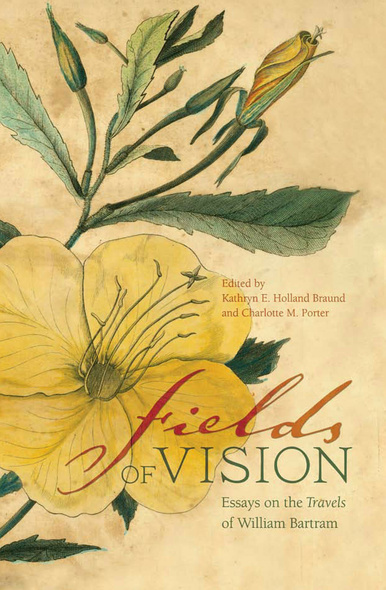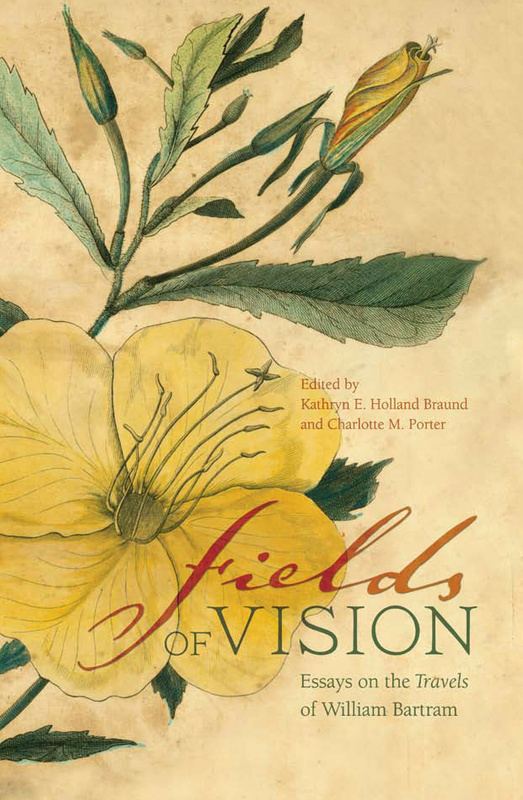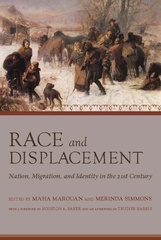Fields of Vision
Essays on the Travels of William Bartram
Edited by Kathryn H. Braund and Charlotte M. Porter
University of Alabama Press
A classic work of history, ethnography, and botany, and an examination of the life and environs of the 18th-century south
William Bartram was a naturalist, artist, and author of Travels through North and South Carolina, Georgia, East and West Florida, the Cherokee Country, the ExtensiveTerritories of the Muscogulees, or Creek Confederacy, and the Country of the Choctaws. The book, based on his journey across the South, reflects a remarkable coming of age. In 1773, Bartram departed his family home near Philadelphia, Pennsylvania, as a British colonist; in 1777, he returned as a citizen of an emerging nation of the United States. The account of his journey, published in 1791, established a national benchmark for nature writing and remains a classic of American literature, scientific writing, and history. Brought up as a Quaker, Bartram portrayed nature through a poetic lens of experience as well as scientific observation, and his work provides a window on 18th-century southern landscapes. Particularly enlightening and appealing are Bartram’s detailed accounts of Seminole, Creek, and Cherokee peoples.The Bartram Trail Conference fosters Bartram scholarship through biennial conferences held along the route of his travels. This richly illustrated volume of essays, a selection from recent conferences, brings together scholarly contributions from history, archaeology, and botany. The authors discuss the political and personal context of his travels; species of interest to Bartram; Creek architecture; foodways in the 18th-century south, particularly those of Indian groups that Bartram encountered; rediscovery of a lost Bartram manuscript; new techniques for charting Bartram’s trail and imaging his collections; and a fine analysis of Bartram’s place in contemporary environmental issues.
William Bartram, the gentle Quaker botanist of Philadelphia, fell in love with the south before the American Revolution. His great book on his travels there has been challenging explorers, anthropologists, and natural historians for 214 years. These dozen essays inspired by the spirit of William Bartram prove how valuable and meaningful his work was, and still is.’
—John C. Hall, William Bartram re-enactor and coauthor of Headwaters: A Journey on Alabama Rivers
Just as Bartram himself did two centuries ago, this community of scholars has shown that tremendous intellectual work can be accomplished through collaborative efforts.’
—North Carolina Historical Review
Kathryn E. Holland Braund is Professor of History at Auburn University and editor of Bernard Romans’s A Concise Natural History of East and West Florida and James Adair’s The History of the American Indians.
Charlotte M. Porter is Curator of the Florida Museum of Natural History at the University of Florida and author of The Eagle’s Nest: Natural History and American Ideas and William Bartram’s Florida: A Naturalist’s Vision.






